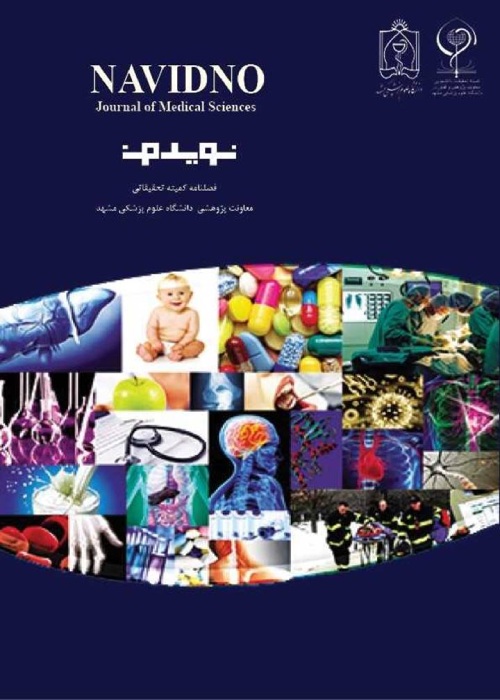Unknowing, a Model of Knowledge in Nursing
Understanding the knowledge patterns used in nursing is the key to teaching and learning. Carper proposed four models of empirics, personal, ethics and aesthetic knowledge. Since then, nursing scientists have expanded on her work and they suggested other models for basic knowledge in nursing. Munhall identified the fifth pattern of knowing, which is, paradoxically, unknowing.
This article is a narrative review. Previously published information on the pattern of unknowing in nursing was searched with the Persian and English keywords of patterns of knowledge in nursing, knowing and un knowing in the information sources Google Scholar, PubMed, Scopus, ISI, Science Direct. In order to cover the maximum aim, the search was done without applying time limit and using AND/OR operators. Finally, 28 articles and books were used.
Unknowing is the knowledge that the nurse does not know the patient at the first meeting and by recognizing this unknowing, the nurse remains alert to the patients' point of view. Unknowing can be defined as a process of understanding or a condition of openness that gives meaning to an experience. In unknowing, people purposefully let go of their preconceptions, stereotypes, prejudices, and assumptions. This view of unknowing fosters an open mind by exploring multiple possibilities.
In this model, the nurse should discard the preconceived notions of what is best for the patient. Unknowing can be considered a vital pathway to new and undiscovered knowledge for nursing and all interpersonal relationships.
- حق عضویت دریافتی صرف حمایت از نشریات عضو و نگهداری، تکمیل و توسعه مگیران میشود.
- پرداخت حق اشتراک و دانلود مقالات اجازه بازنشر آن در سایر رسانههای چاپی و دیجیتال را به کاربر نمیدهد.



